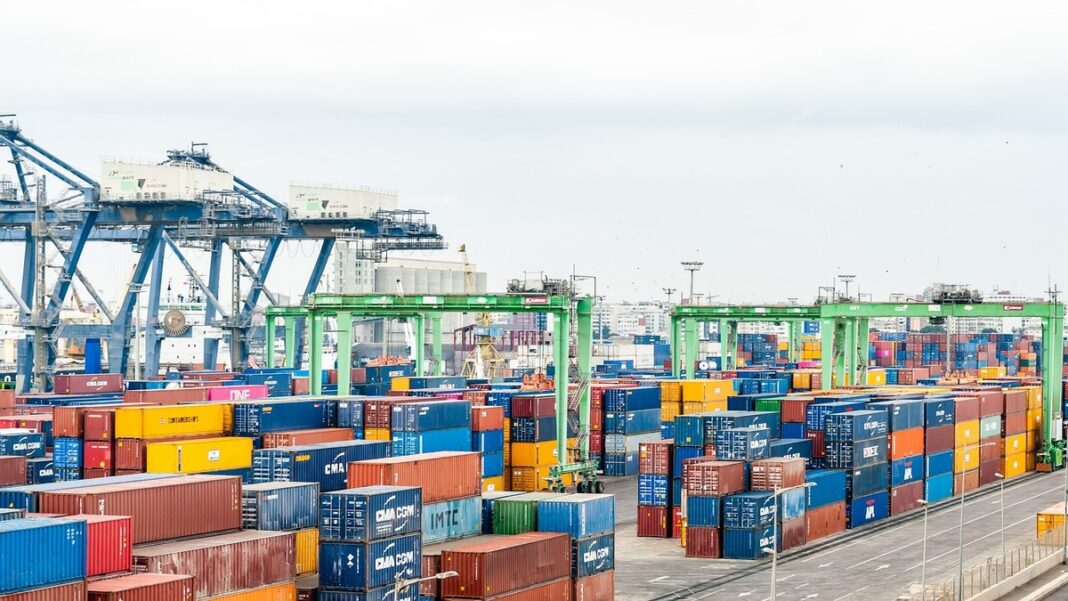UNITED KINGDOM: The United Kingdom will reach its $1 trillion annual export goal only in 2035, 15 years late, as internal projections highlight how challenging it was for the country to meet “Brexiters” predictions when the UK left the European Union in 2020.
Based on current patterns, the Department for International Trade (DIT) projects that the value of UK exports will not hit $1 trillion until 2035, with the total expected to drop to £707 billion in the next year.
The ambitious target of reaching $1 trillion in annual exports by 2020 was set in 2012 by the former UK prime minister, David Cameron.
Later, Boris Johnson revived the promise in 2021 as the centrepiece of a campaign titled “Made in the UK, Sold to the World,” extending the date to 2030.
In addition, the analysis noted that the UK’s exports are expected to decline from £739 billion last year to £707 billion next year before rising once more to £725 billion by 2027, three years after Brexit.
However, the Rishi Sunak-led administration has placed the blame on “external factors,” including a rise in inflation.
“Trade barriers, including red tape, sluggish economic performance domestically and globally, and insufficient export support have led to the continued suppression of exports,” said Tina McKenzie, policy chair and advocacy at the Federation of Small Businesses (FSB).
She further added, “Our research shows one in eight small exporters has temporarily or permanently stopped sales to the EU, with a further one in 10 considering doing so.”
The promise made during the Leave EU campaign was that if the United Kingdom left the European Union, it would gain the ability to strike its own trade agreements, open up new economic opportunities, and increase employment.
However, according to the most recent data, exports have decreased as a result of businesses being abruptly stung by more border checks and delays at customs posts. The largest monthly decline in British commerce in 20 years occurred in January 2021.
In recent years, the government has struggled to reach agreements in negotiations with powerful, intricate economies like India and the US.
The UK was unable to enter into such bilateral agreements while a member of the EU since it had to take part in agreements affecting all of Europe.
Deals with Australia, New Zealand, Japan, and Singapore have been inked by ministers thus far.
They intend to advance the US and India trade pacts in 2023, with US President Joe Biden planning to visit the UK later this year to commemorate the Good Friday Agreement’s 25th anniversary.
However, that visit—and the entire trade agreement—may depend on the British government’s ability to first reach a deal with the EU about the Northern Ireland Protocol.
Four trade freedoms—in labour, capital, goods, and services—were lost as a result of the UK’s decision to opt for a hard Brexit and leave the single market.
A top EU official claimed last year that trade between the UK and the EU fell by over 14% in 2021 compared to 2020.
Also Read: Ukraine’s President Zelenskiy Promises to Confront Country’s Corruption



